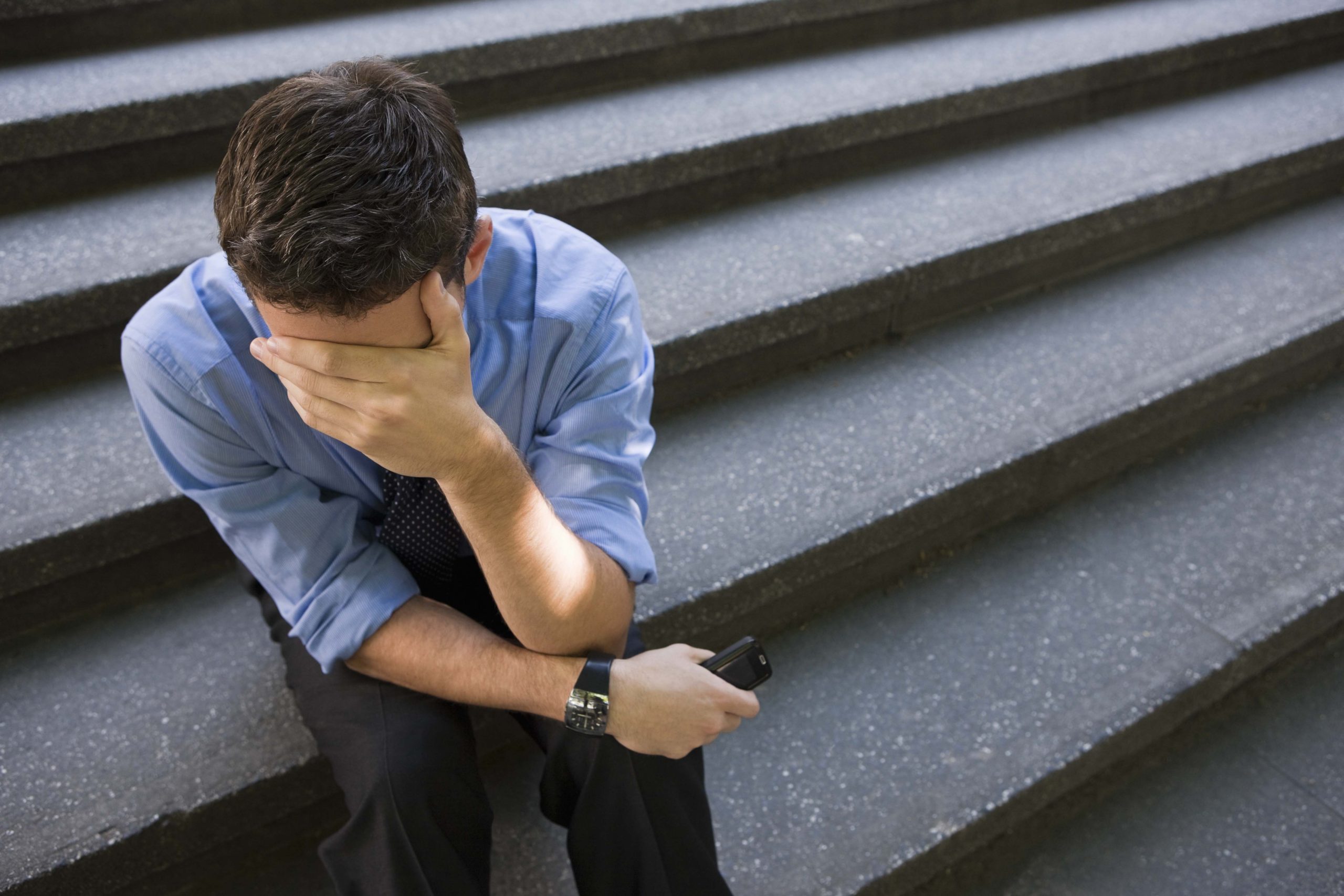
Examining The Injustices Faced By Men: Is Society Really Treating Them Unfairly?
The idea that men have historically been the privileged group in society is a common one, and for many people, this idea remains true. However, in recent years, there has been growing concern about the ways in which men are being unfairly treated by society. In this article, I will explore some of the reasons why the society is becoming less fair with men and the consequences that this can have.
One of the key ways in which society is becoming less fair to men is through changing gender norms and expectations. For many years, men were expected to be the breadwinners and to be tough and unemotional. While these norms still exist in some parts of society, they are increasingly being challenged and dismantled. This can be positive in many ways, but it also creates new challenges for men who are struggling to adapt to these changing expectations.
For example, many men feel that they are being unfairly criticized for behavior that was once considered normal or even desirable. For example, men who express their emotions or show vulnerability are sometimes seen as weak or unmanly. Similarly, men who prioritize their family or personal life over their career may be seen as lacking ambition or dedication. Or men who want to pursue what they love to do over what they need to do, considering their career. These changing norms can create a sense of confusion and frustration for men who feel like they are being unfairly judged or penalized.
Another way in which society is becoming less fair to men is through changes in the legal system. In recent years, there has been a growing movement to address issues like sexual harassment, assault, and domestic violence. While this is an important and necessary effort, some men feel that they are being unfairly targeted by these initiatives. For example, some men feel that they are at risk of false accusations of harassment or assault, and that these accusations can be damaging to their reputation and their livelihood. Nowadays, while some women can practice their right to express their opinion about a man, but a man will be arrested for sexism or harassment if he states his open about a woman!
There are also concerns that men are being unfairly treated in areas like family court, where custody arrangements and child support can be highly contentious. Many men feel that the legal system is biased against them and that they are at a disadvantage when it comes to issues like custody, child support, and alimony. This can be a particularly challenging issue for men who feel that they have been unfairly separated from their children or who are struggling to make ends meet due to court-mandated support payments.
Another way in which society is becoming less fair to men is through changing employment trends. In many industries, women are now the majority or are making gains in terms of representation and leadership. While this is a positive development, it can also create a sense of insecurity and frustration for men who feel that their opportunities are shrinking. For example, men in traditionally male-dominated industries like manufacturing and construction may feel that they are being pushed out by diversity initiatives or changes in the labor market. This can be particularly challenging for older men who may have invested their entire careers in these industries.

Finally, there are concerns that men are being unfairly treated in areas like mental health and well-being. While men are often seen as the privileged group in society, they also face unique challenges when it comes to mental health. For example, men are more likely than women to die by suicide (Over half (58%) of all deaths by suicide occur before the age of 50 years old), and they are often reluctant to seek help for mental health issues due to stigma or a sense of shame. This can create a sense of isolation and despair for men who are struggling with mental health issues.
It’s also important to note that societies and cultures vary widely around the world, so it’s difficult to make broad generalizations about how society treats men in all contexts. However, in some cultures, men may face various forms of discrimination and inequality.
Some examples of how different society may be unfair to men include:
- Strict gender roles: Traditional gender roles may limit men’s ability to express their emotions, pursue certain careers, or participate in activities that are traditionally associated with women.
- Toxic masculinity: Some societal expectations of what it means to be a “real man” can be harmful and contribute to the normalization of aggression, dominance, and other behaviors that can negatively affect men’s mental health.
- Discrimination in the workplace: Men may face discrimination in the workplace based on their age, race, sexual orientation, or gender expression.
- Lack of support for husbands and fathers: In some cultures, there may be limited support for husbands and fathers to take on caretaking roles or be actively involved in their children’s lives, which can contribute to feelings of social isolation and limited opportunities for work-life balance.
- Health disparities: Men may face disparities in access to healthcare, with certain health issues being overlooked or under-treated due to stigma or societal expectations about masculinity.
In conclusion, there are many reasons why society is becoming less fair to men. While some men may still benefit from certain forms of privilege, it is important to recognize that men also face unique challenges and struggles. By acknowledging and addressing these challenges, we can create a more fair and just society for all. It’s also important to recognize that these issues are complex and can vary widely across cultures and contexts. However, it is important to promote gender equality and challenge harmful gender norms in order to create a more just and fair society for all individuals, regardless of their gender.


